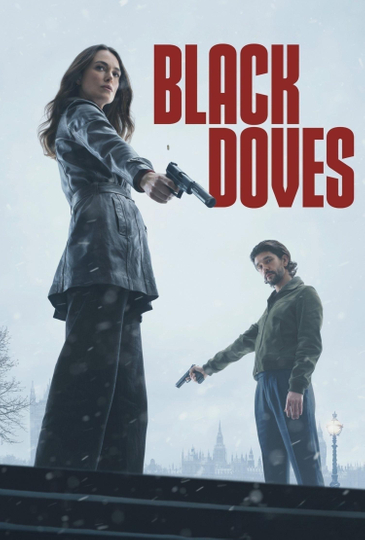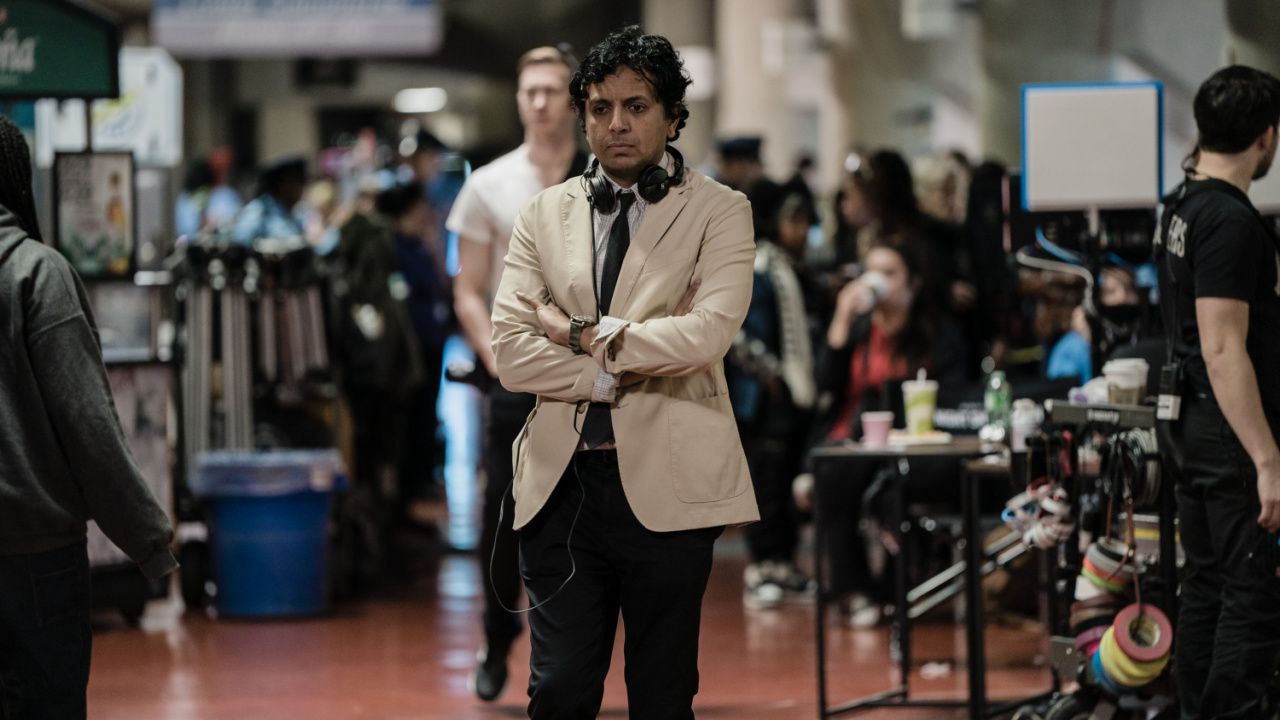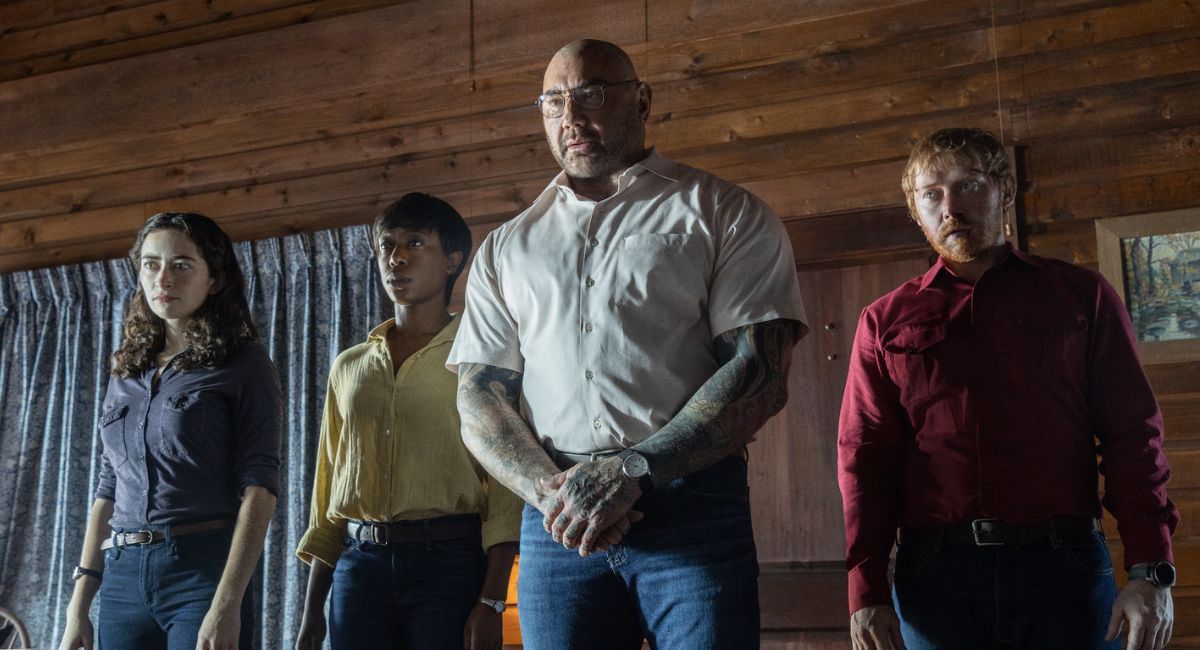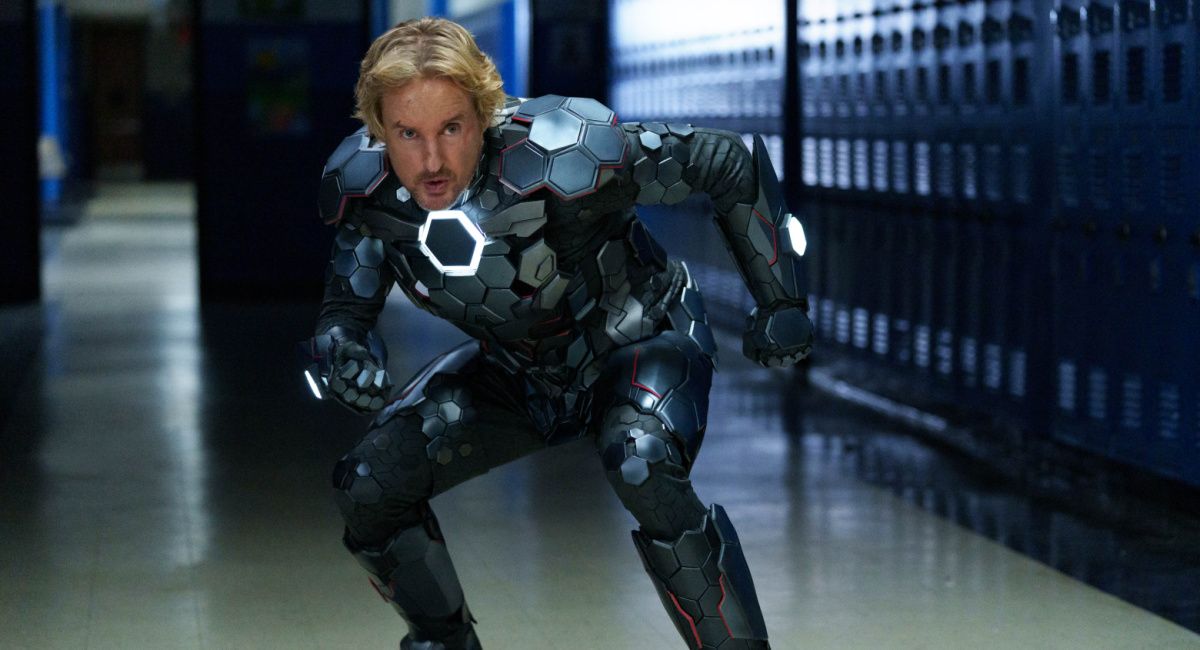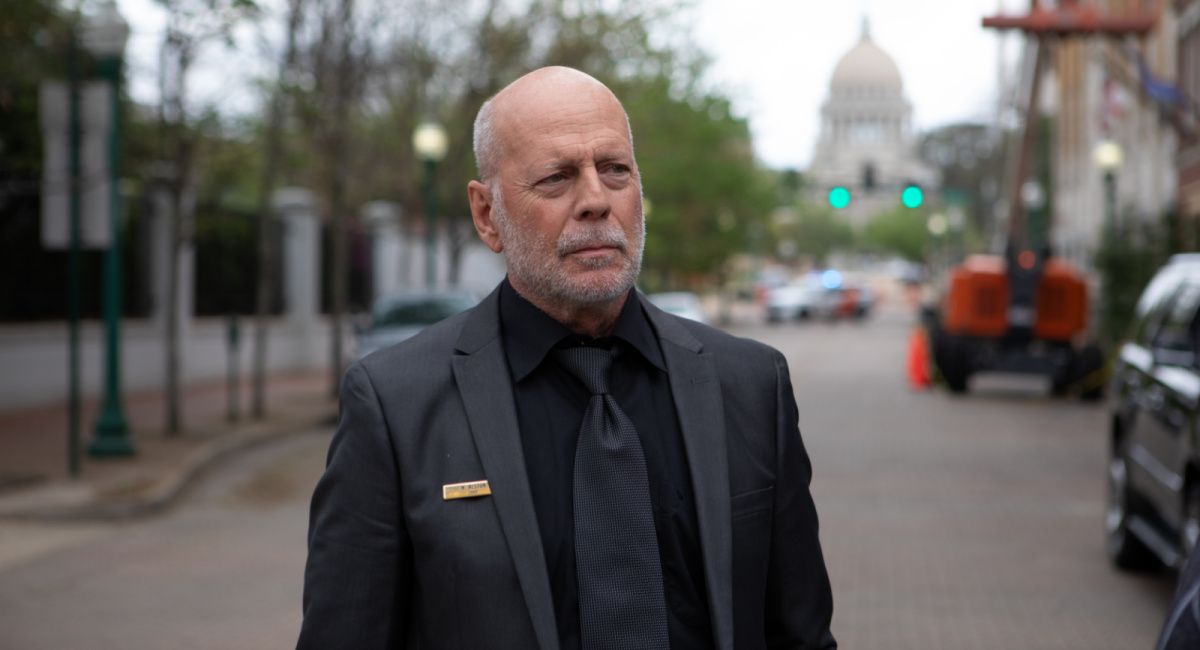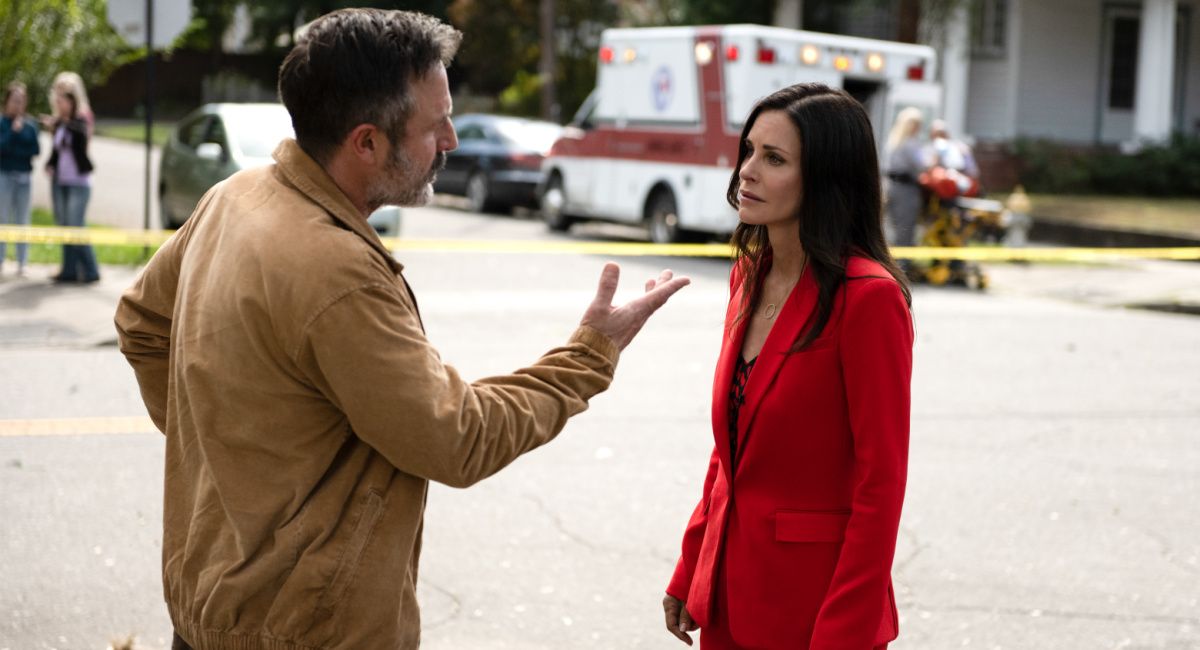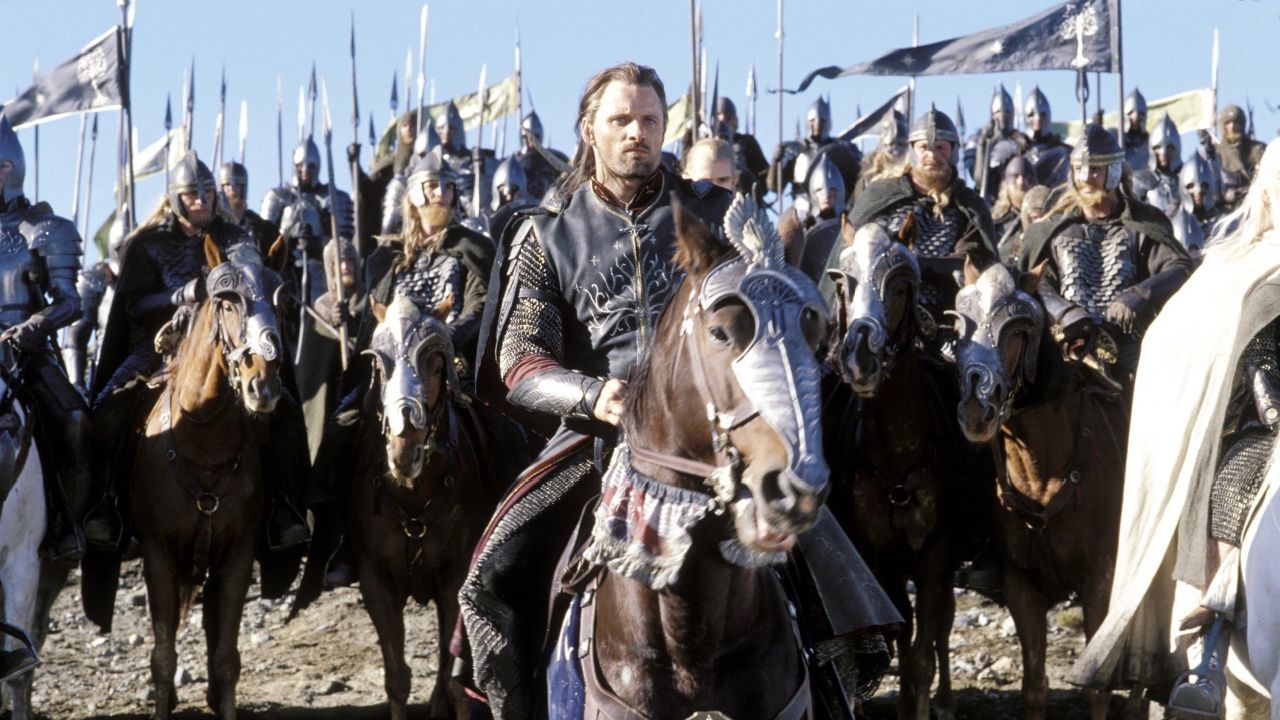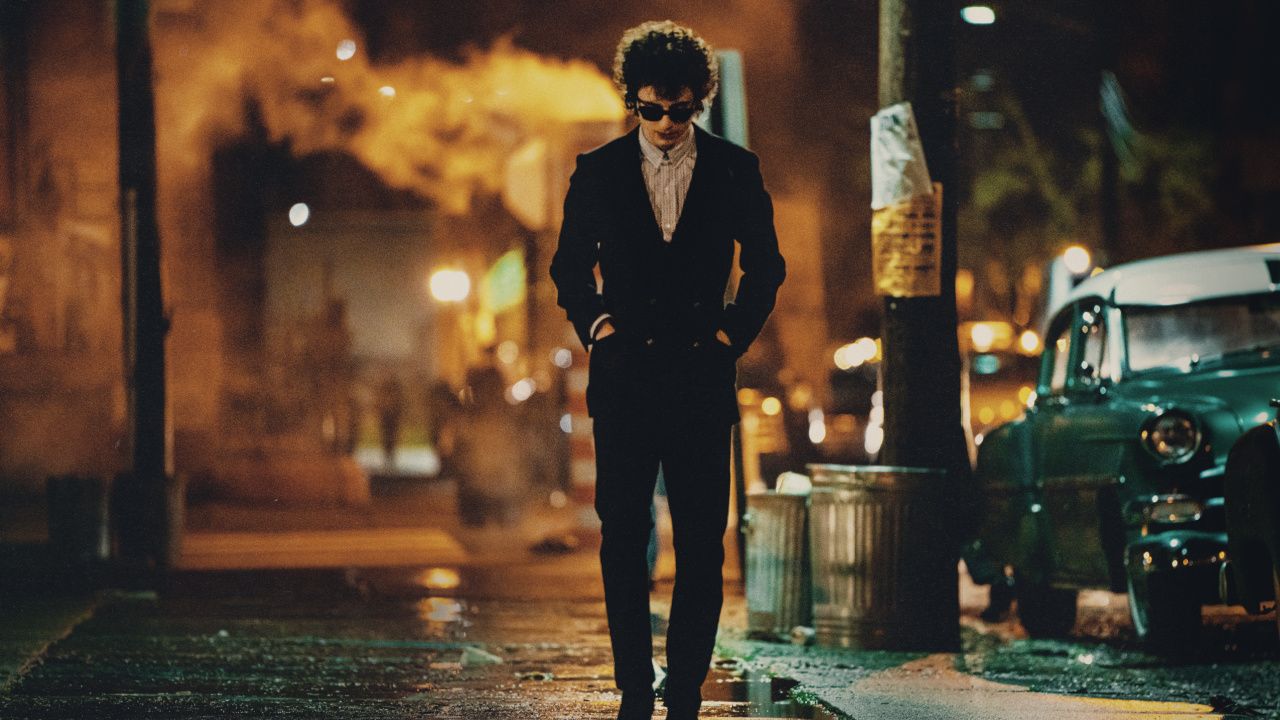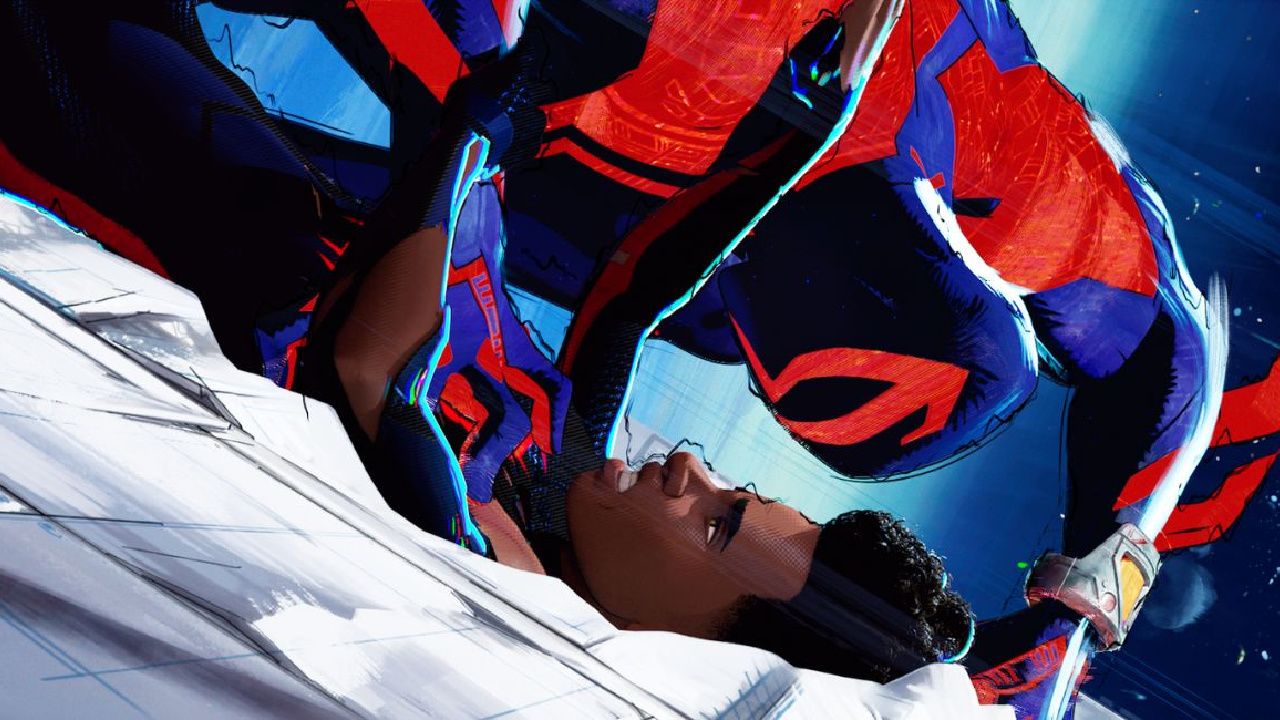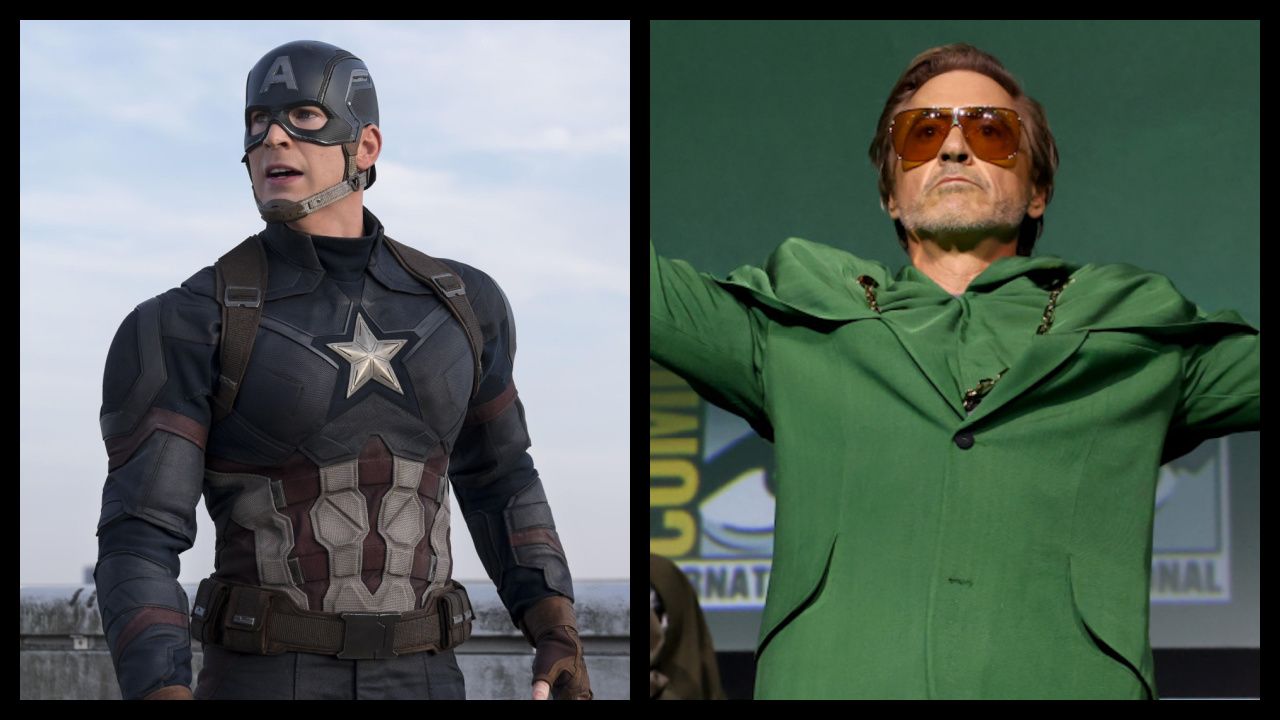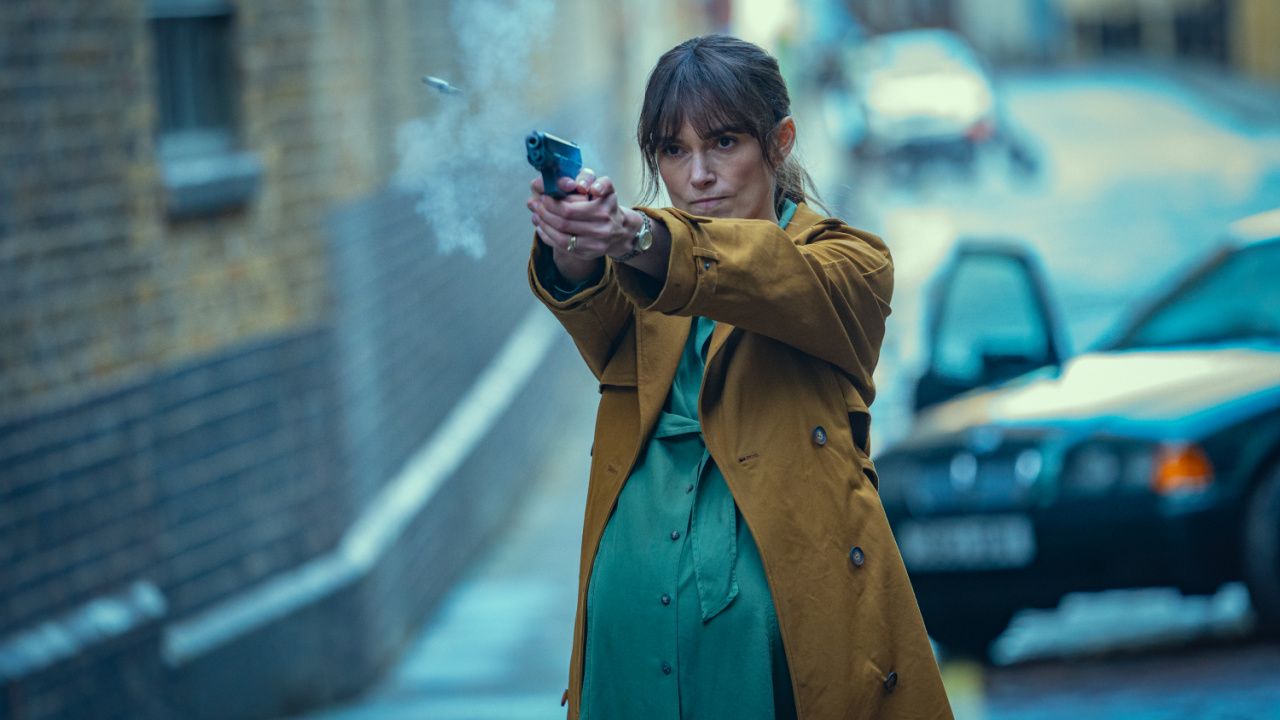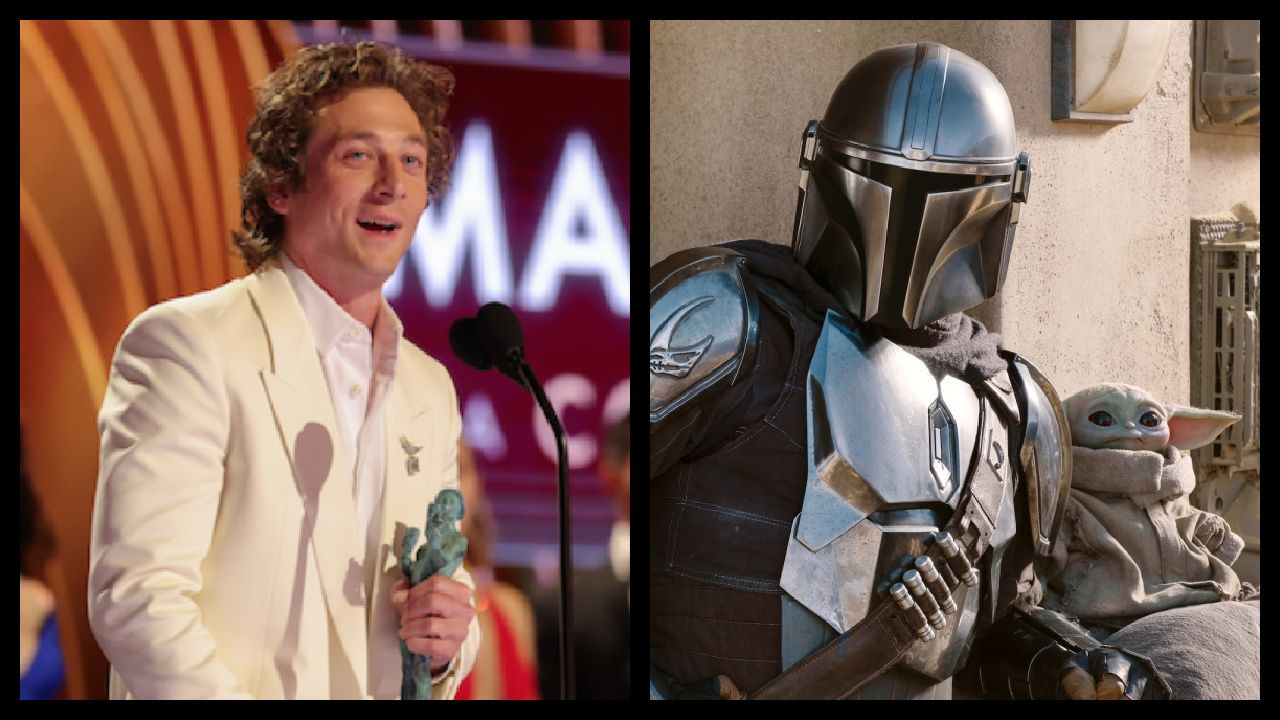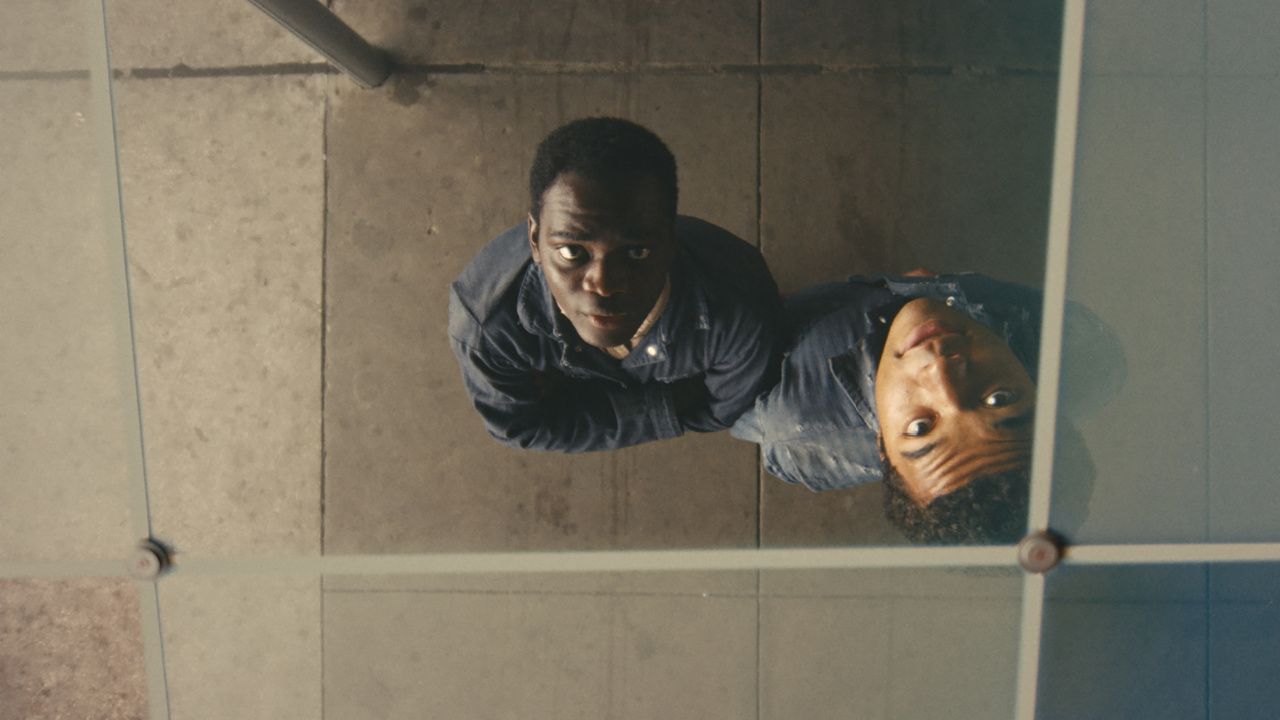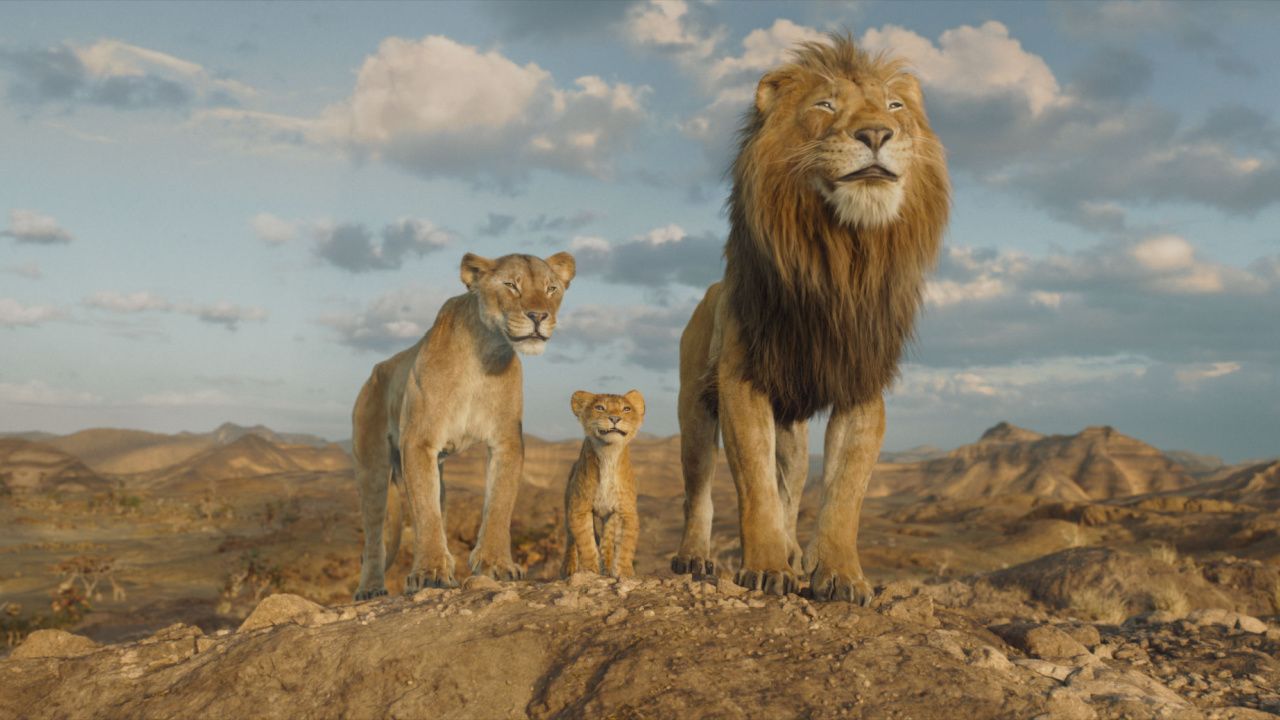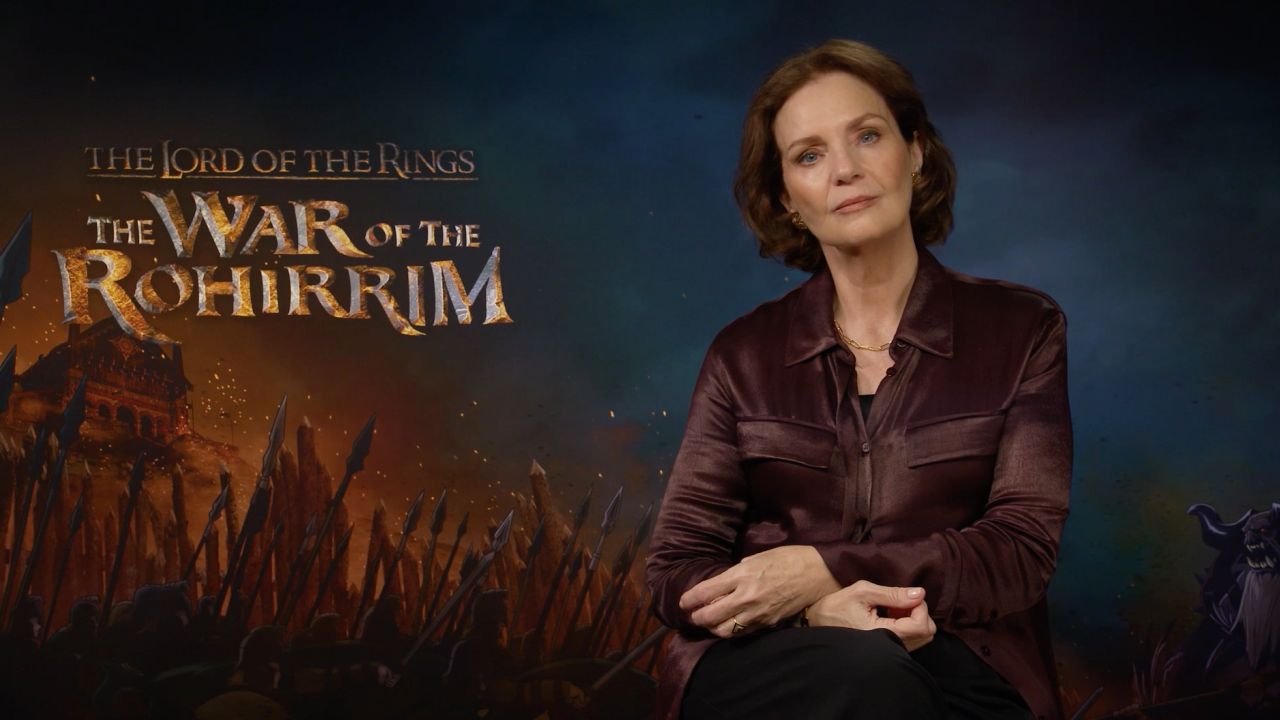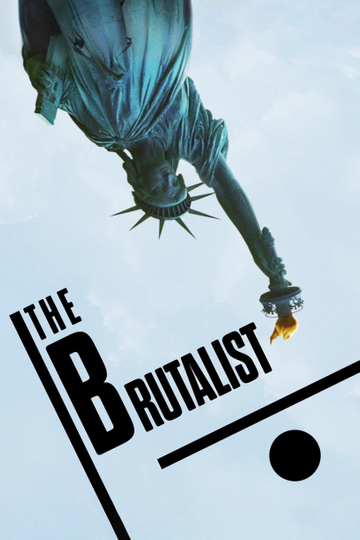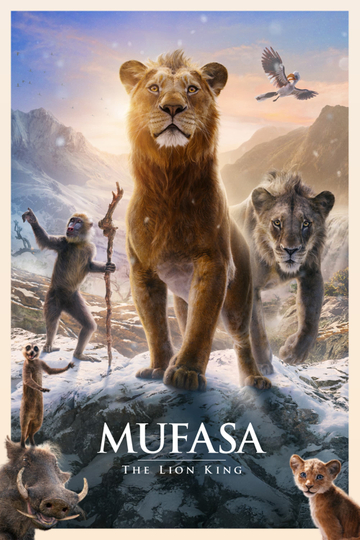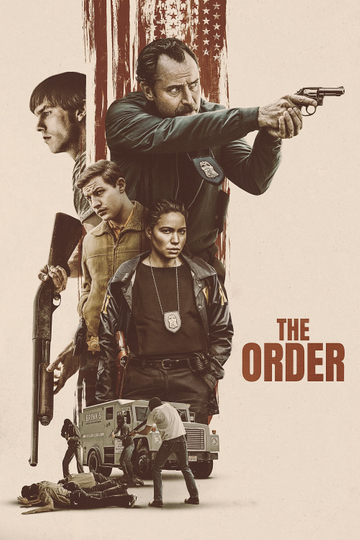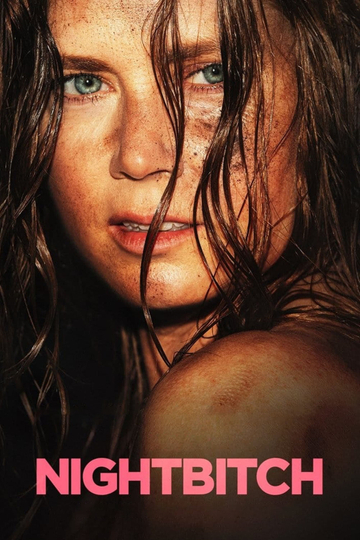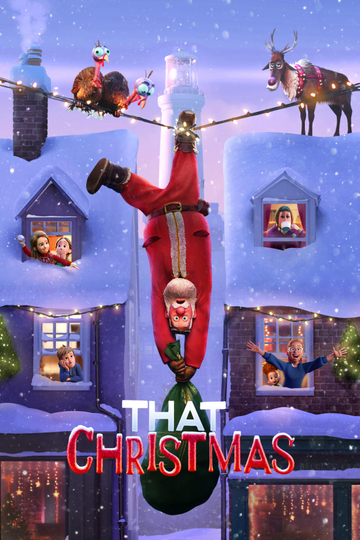'Split' Spoilers: 5 Revealing Questions About That WTF Ending
M. Night Shyamalan's "Split" opens this weekend (please, get your tickets now) and, this being an M. Night Shyamalan film, it has a big old twist that will turn your mind into a lagoon of tapioca pudding.
In fact, the film, which stars James McAvoy as a man whose multiple personalities turn him into a psychotic killer (not sure the American Medical Association would agree, but hey), might feature Night's biggest twist yet. So we thought we'd discuss it, in some detail, and include all of the questions that we had about this particular moment.
Heavy spoilers follow. Only read the below if you have already seen the film.
Seriously.
You're still here?
OK then. Here's every question we had about the ending of "Split":1. What happens, exactly?
So, here's where we can even argue about whether or not the twist is an actual twist.
Because "Split" has already properly ended before this twist is even introduced. McAvoy's psychotic madman, who can now physically manifest into something almost superhuman, has escaped police capture. The damaged girl who successfully stood up to him (the delightfulAnya Taylor-Joy) is now in police custody. (Does she tell police about her abusive uncle? That's another topic for discussion.)
We cut to black. The end titles start. But they are accompanied by some familiar music: the somewhat dated, trip-hoppy score by James Newton Howard that's actually from another Shyamalan film: "Unbreakable."
Only hardcore nerds like myself, who have probably never known the physical love of a woman, will recognize this music cue, but it's an omen of things to come: we cut to a diner, where the events of the film are being recounted by a TV news anchor. The anchor talks about McAvoy's physical transformation, about how villainous he has become.
The camera glides down a row of diner patrons seated at the counter. One of them makes a connection to Samuel L. Jackson's character from "Unbreakable." "What was his name?" the diner patron wonders. Finally, the camera moves to the end of the counter and -- voila! -- it's Bruce Willis, in full "Unbreakable" garb (not his iconic rain poncho -- can you believe he has an iconic rain poncho?), but his workman's uniform, with "Dunn" embroidered on his pocket (he played David Dunn in "Unbreakable").
Willis pipes up: "They called him Mr. Glass." Mic drop.
2. So, wait, is "Split" an "Unbreakable" sequel?
I guess? It's hard to quantify because of the sneaky way that this larger concept is introduced, but it sure seems like it. The suggestion is that McAvoy's character, whose monstrous form is referred to as The Horde, will have to be taken down by Willis' character, possibly in conjunction with Taylor-Joy's steely survivor.
3. How did Shyamalan get the rights to use the "Unbreakable" characters?
This is a huge question, because, logistically, a move like this must have been a nightmare. "Unbreakable" was a big Disney movie and Shyamalan's heavily hyped follow-up to "The Sixth Sense," the rare film that was both a critical and commercial smash and managed to capture the zeitgeist in a pretty profound (and spooky) way. "Unbreakable" had a huge budget and big movie stars, and while idle chatter about potentially expanding the storyline has been bandied about for years, nothing has ever been solidified.
How Shyamalan was able to accomplish this, in secret, is pretty mind-blowing. How he secured the rights from the notoriously persnickety Disney is even more impressive.
4. So, who would make the proper "Unbreakable" sequel?
Considering "Split" is kind of a backdoor reintroduction of the character/situation and not an explicit follow-up, this leaves the question of who would make the actual sequel. Shyamalan's last two films have been low-budget, down-and-dirty independent features bankrolled by Blumhouse Productions and distributed by Universal Pictures. Would "Unbreakable 2" be done in a similar fashion?
Part of what made "Unbreakable" such an overwhelming experience was the care and attention Shyamalan provided, with long, elaborately-choreographed shots that gave the movie its singular mood (but also provided it with its positively funereal pacing). "Unbreakable" was an expensive, complicated movie, unlike the last two Shyamalan cheapies. If the filmmaker was somehow able to secure the rights to the characters, would Shyamalan make it in the style he's been dabbling in recently or would he go back to something more grandiose?
5. Does the ending of "Split" contextualize an entire M. Night Shyamalan shared universe?
Throughout "Split" (the actual movie and not the 90 seconds I'm so obsessed with now), there are numerous references to McAvoy's split personality disorder being the actual cause, historically, for tales of the supernatural or the otherworldly. This makes me think that there's a possibility Shyamalan could be attempting something even more audacious; is he using this explanation to contextualize all of his films under a centralized shared universe?
I'm not sure that he'd do something like this, especially since all of his other movies are so different and insane, but trying to get water fairies and alien invaders into the same overstuffed narrative yurt is something that fills me with endless delight.
"Split" is in theaters now.
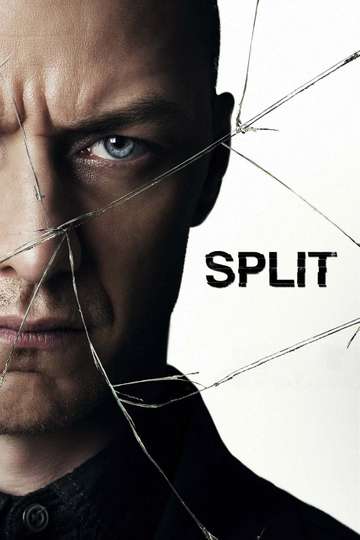
Split







